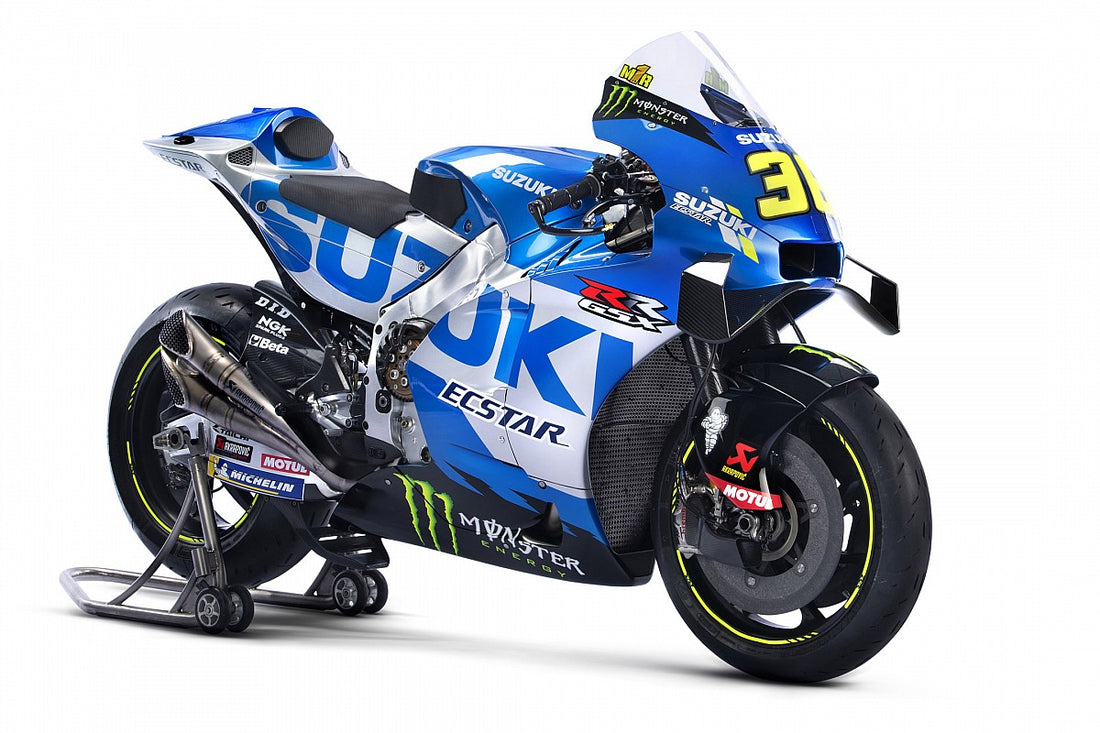In the high-octane world of MotoGP, where split-second decisions can make or break a race, the philosophy behind a team's approach plays a pivotal role in their success. While European brands, notably Ducati, have embraced a revolutionary mindset, their Japanese rivals, Yamaha and Honda, seem to be struggling to keep up. Surprisingly, Suzuki, a former Japanese contender that exited the scene in 2022, had managed to adopt a unique approach with remarkable achievements. Let's delve into the philosophy behind Suzuki's success, shared by the key individual responsible for their triumphs.
Traditionally, Japanese manufacturers like Honda and Yamaha had been renowned for their methodical, disciplined, and risk-averse approach to MotoGP. However, in recent years, the sport has witnessed a significant shift, largely initiated by European brands, who embraced a daring and innovative ethos. Ducati, in particular, led the charge with a willingness to challenge the status quo and push the boundaries of engineering.
As a result, Honda and Yamaha found themselves lagging behind, struggling to adapt to the evolving landscape of MotoGP. Their conservative strategies and reluctance to take risks hindered their ability to compete with the relentless spirit of the European counterparts.
In stark contrast, Suzuki, with its modest resources and a scrappy determination, managed to thrive on the MotoGP stage. Key to their success was the leadership of a visionary, often referred to as the "madman" of MotoGP - Davide Brivio. The Italian mastermind was instrumental in shaping Suzuki's philosophy and turning them into formidable contenders.
Brivio's philosophy rested on three core pillars: Embrace Innovation, Cultivate Talent, and Build Team Spirit.
The culmination of these principles was evident in Suzuki's achievements before their unfortunate exit in 2022. Despite limited resources, they secured podium finishes and even clinched the MotoGP World Championship in 2020.
Now, as MotoGP forges ahead, Honda and Yamaha find themselves grappling to adapt to the new paradigm set by their European rivals. The departure of Suzuki leaves a void, but their philosophy lingers as a testament to the impact of a daring approach in the racing world.
As we eagerly await Suzuki's potential return, the lessons learned from their philosophy serve as a reminder that in MotoGP, success belongs to those who dare to be different.
With the spirit of innovation, a focus on talent, and a united team, the "madman" of MotoGP has demonstrated that anything is possible. Perhaps it's time for the remaining Japanese giants to take a page from Suzuki's playbook and rewrite their own MotoGP destiny.
Only time will tell how they rise to the challenge and whether they can emulate Suzuki's triumphant journey. For now, the philosophy of the "madman" remains etched in MotoGP history, inspiring future generations to dream big and race even bigger.

